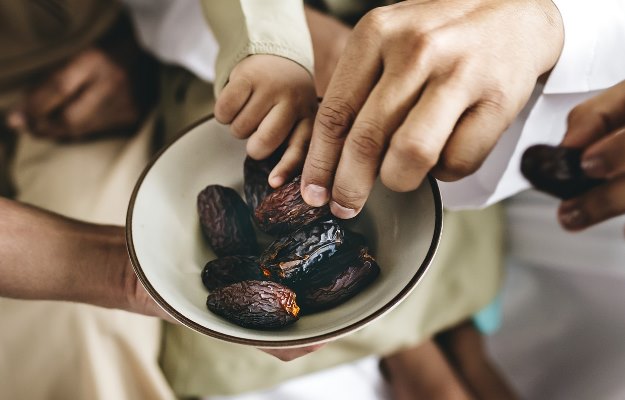If you have a sweet tooth, you probably find it impossible to avoid mangoes in the summertime. Pregnant women, however, are sometimes told not to eat mangoes.
Of course, this is just one of the many dietary recommendations made to women while they are pregnant. (Others include advice such as avoiding papaya during pregnancy and fish during pregnancy.)
The exact origins of this piece of advice are not known. One reason behind it could be that until a few years ago, unripe mangoes were sometimes picked from trees and packed in cartons with calcium carbide to artificially ripen and sweeten them. The Indian Food and Drug Administration, however, put a stop to this practice in 2016. Ingesting calcium carbide can cause sleepiness, mental confusion, memory loss, dizziness, headache, cerebral edema and seizures.
Mangoes are also heavy in sugar and calories. The risk of obesity and gestational diabetes is increased if you have too many mangoes during pregnancy. Both these diseases can make pregnancy more complicated and can affect the health of the mother and the foetus.
On the other hand, despite these problems, mangoes are exceptionally rich in vitamins and minerals - including folate, which is a supplement recommended to every pregnant woman. Weighing the benefits and side effects of mangoes next to each other is very important to decide if you should have this fruit during pregnancy or not.
























